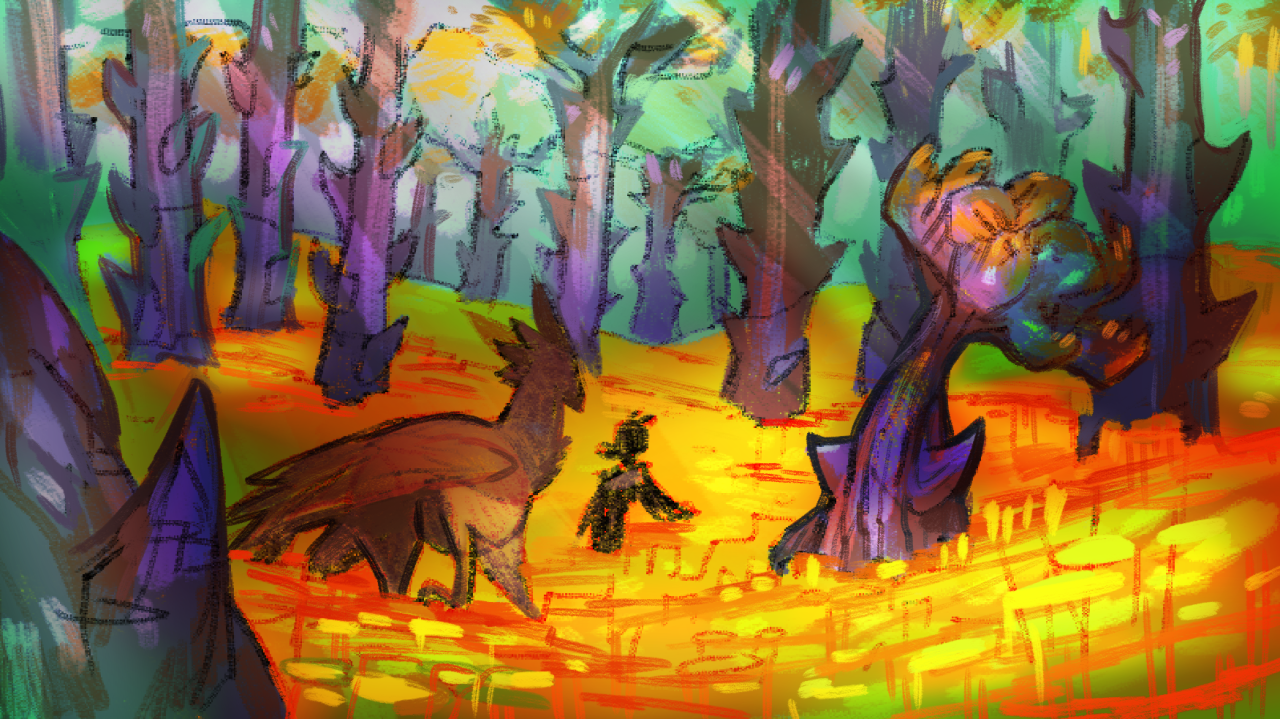Phixphagosis
A bizzare ailment caused by an intracellular parasitic pathogen. Primarily manifests in Sphinxes, altering physical appearance greatly over time.
Transmission & Vectors
Consumption of raw or under-cooked meat carrying the pathogen. Excess exposure to infected individuals expressing symptoms. Sustained contact with infected sewage.
Causes
Exposure to Phixphagoisii bacterium is usually through ingestion, but can also be inhaled. The pathogens enter the bloodstream and travel to the brain of their victim, where they reproduce. The chemicals this bacteria emit may alter the personality of their host and influence their behaviour. This is most observed in Sphinxes, whose personalities and appearance alter dramatically from advanced infection.
Symptoms
In most species, symptoms are typically unnoticeable in healthy individuals, whereas susceptible people, such as children and those with immune deficiencies, may develop flu-like qualities. When Sphinxes contract this pathogen, they begin to slowly change in appearance and mannerisms as the infection spreads throughout their neural tissue. It is subtle at first, with gradual hair loss and steadily more frequent mood swings. Eventually their speech gets repetitive, erratic, and capacity for a coherent Sphinxian debate deteriorates.
Treatment
The most common treatment is a medicine which suppresses the pathogen's ability to reproduce, but does not kill it completely. It is difficult to target the bacteria without damaging sensitive brain tissue. A medicated individual is no longer contagious for as long as the suppressant is active, however symptoms may re-surge in a weakened host, thus requiring additional doses of medicine to keep the bacteria dormant. This medicine does not appear to affect Sphinxes. If tested positive for Phixphagosis, a Sphinx often ends up quarantined, euthanized, cremated, and buried.
Prognosis
A Sphinx with severe Phixphagosis may still be capable of engaging in conversation, however they develop much more violent tendencies and their mood will constantly interchange, lashing out against others and occasionally themselves. Unable to maintain the polite grace of Sphinxian society, they often adopt a more primate-like posture. Physically, their strength and stamina increases with their acquired aggression, but their wings and fur deteriorate. All sense of hygiene is lost. Despite these severe conditions, a Sphinx may live many years afflicted before dying of the disease.
Hosts & Carriers
Any warm-blooded species is capable of carrying this disease. The effects of the pathogen in non-sphinxian beings don't typically manifest beyond typical symptoms of common illnesses, making it difficult to diagnose. However, advanced Phixphagosis can lead to death via seizures or excess brain tissue deterioration; particularly in young, weakened, or immunity-deficient individuals.
Cultural Reception
Among Sphinxes, it is only ever mentioned in cautious whispers. Most people find the parasitic occupation of the brain repulsive, or fear the advanced effects. Some do not care as much, as it can be suppressed in most species with medicine.
Name Pronunciation & Meaning
Phixphagosis (fix-fey-go-sis)Phixphagoisii (fix-fey-goy-see) Both "Phix" and "phago" are derived from Greek terms which, together, roughly translate to "Sphinx eater."
Type
Bacterial
Origin
Alien
Cycle
Chronic, Acquired
Rarity
Extremely Rare
Affected Species
Remove these ads. Join the Worldbuilders Guild










Comments